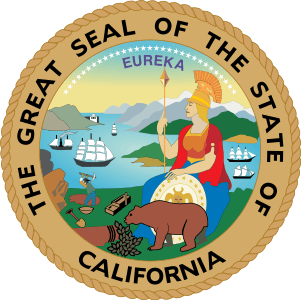2005 California Proposition 78
California Proposition 78, the Prescription Drug Discounts Initiative, was rejected by voters in the California special election, 2005.
Summary
According to a press release from the office of the California Secretary of State, Bruce McPherson the proposition summary was:
Establishes a discount drug program, overseen by the Department of Health Services. Enables certain low- and moderate- income California residents to purchase prescription drugs at reduced prices. Imposes $15 application fee, renewable annually. Requires Department’s prompt determination of residents’ eligibility, based on listed qualifications. Authorizes Department to contract with pharmacies to sell prescription drugs at agreed-upon discounts negotiated in advance, and to negotiate rebate agreements with drug manufacturers. Permits outreach programs to increase public awareness. Creates state fund for deposit of rebate payments from drug manufacturers. Allows program to be terminated under specified conditions. Summary of estimate by Legislative Analyst and Director of Finance of fiscal impact on state and local governments: One time and ongoing state costs, potentially in the millions to low tens of millions of dollars annually, for administration and outreach activities to implement the new drug discount program. A significant share of these costs would probably be borne by the state General Fund. A largely one-time state cost, potentially in the low tens of millions of dollars, to cover the funding gap between the time when drug rebates are collected by the state and when the state pays funds to pharmacies for drug discounts provided to consumers. Any such costs not covered through advance rebate payments from drug manufacturers would be borne by the state General Fund. Unknown savings on state and county health program costs due to the availability of drug discounts.[1]
